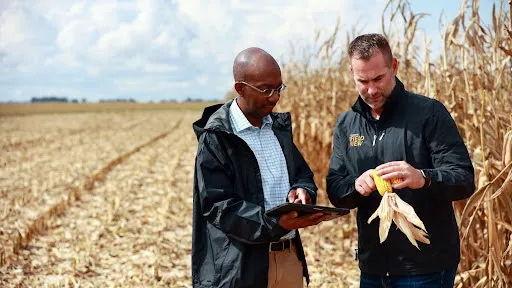Under the auspices of this study, in a way rarely possible at this scale, researchers at partner universities will work to better quantify the SOC-sequestering effects of farm practices, in the context of real farm operations and the real challenges farmers face every year.
The effects of our – and other industry partner – participation in this study are numerous. Not only do researchers gain the benefit of access to well-characterized, diverse research data, but the value for the broader scientific community is immense. Data analyzed in this study becomes public, and publishable, which builds a rich database and new knowledge to enhance soil and environmental science for years to come.
From the perspective of society and public policy, the benefits also extend well beyond enabling our customers to make informed decisions for their operations. Those responsible for public policy decisions can, as a simple example, use this data to drive programs that potentially incentivize the adoption of climate-smart farming practices.
We’re in a unique position in conducting the research that we do. I celebrate our ability to facilitate and enable this exciting opportunity for OSU and other partner universities; we have the potential to leverage our expertise in digital tools, the use of advanced farming technologies and approaches to collaboratively address knowledge gaps and advance critical science towards understanding how agriculture can be a part of the solution to climate change.
I’m looking forward to the insights that will come from this study as we collectively dig deeper into carbon farming.
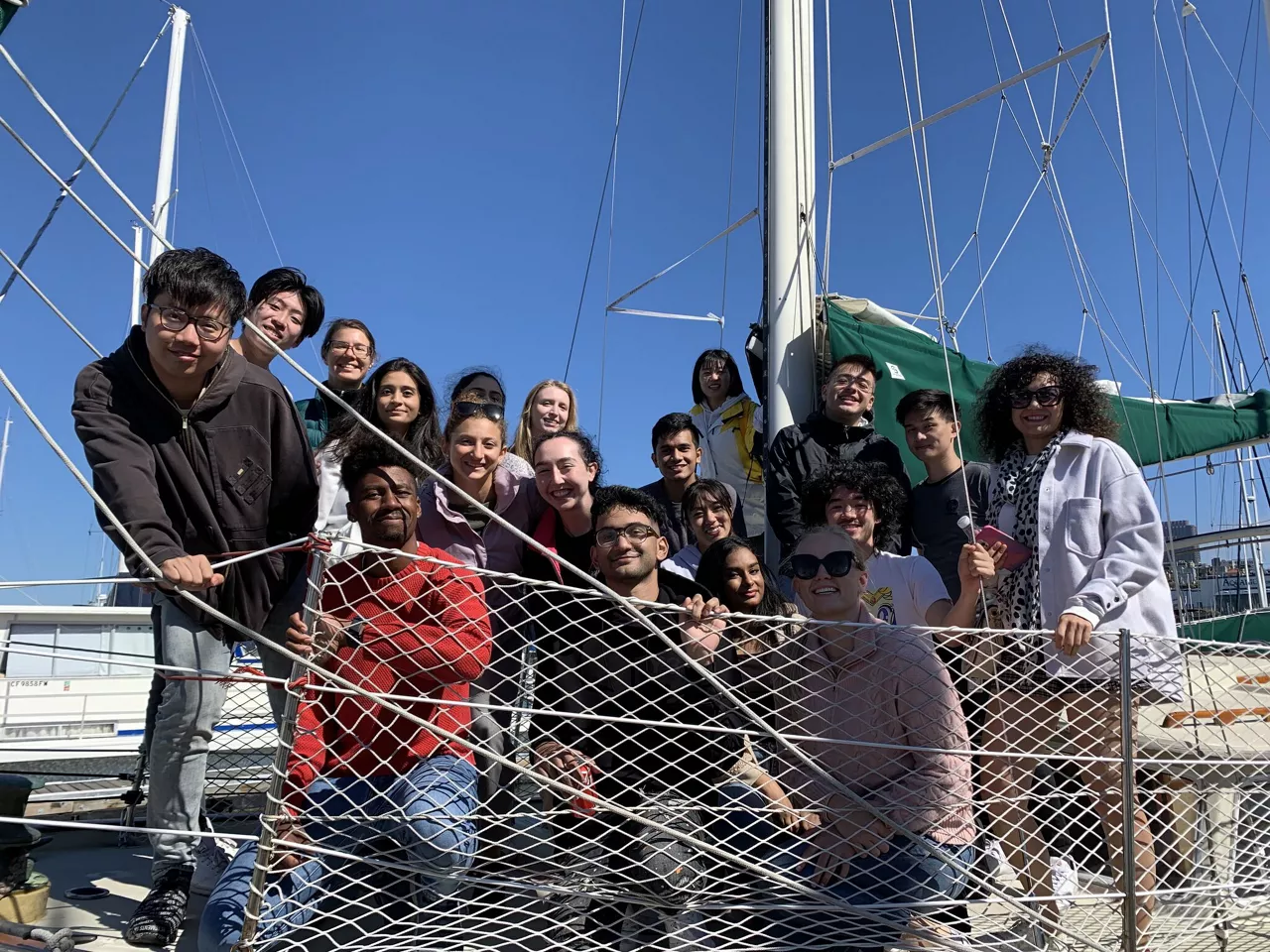
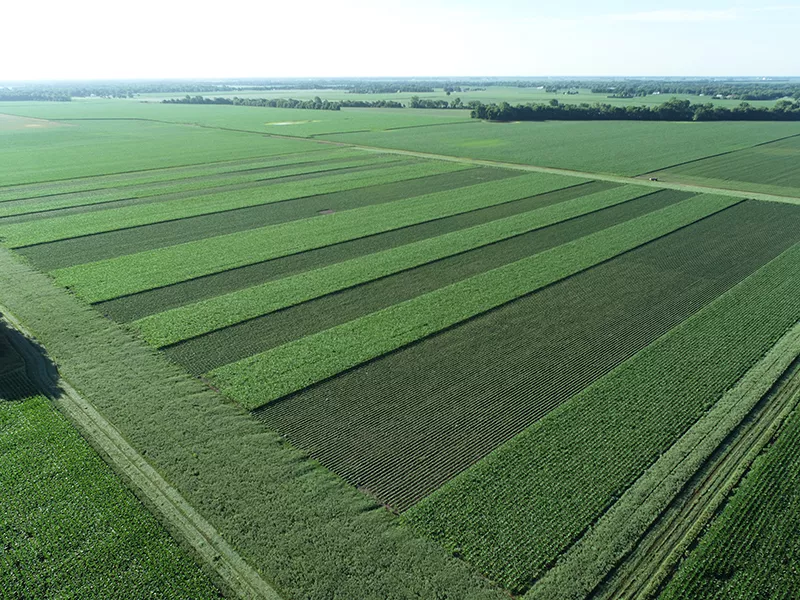
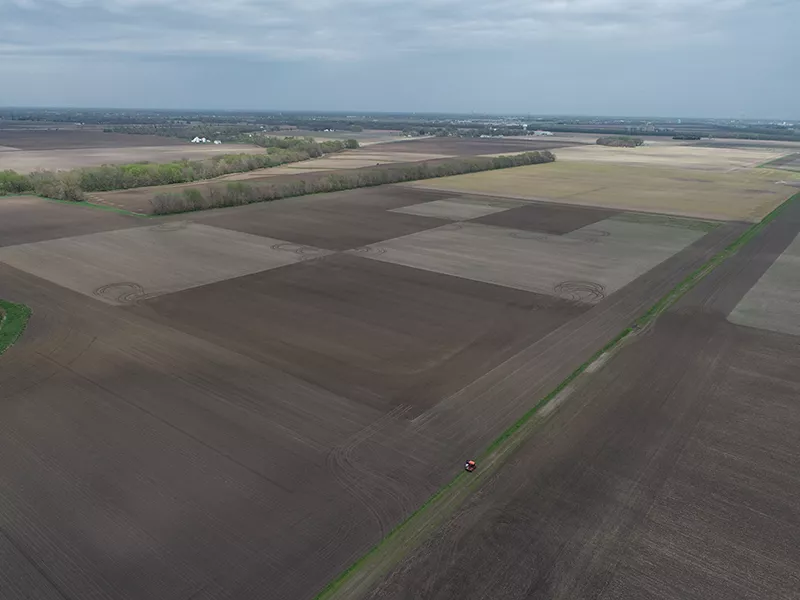
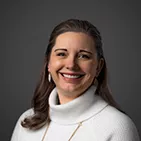
?fmt=webp)
